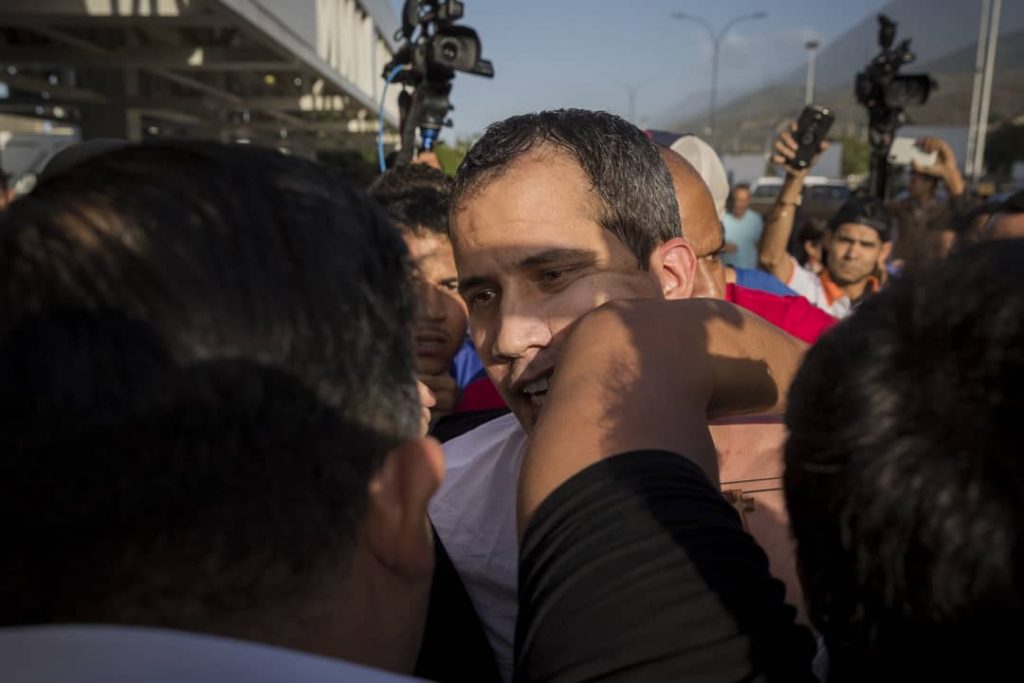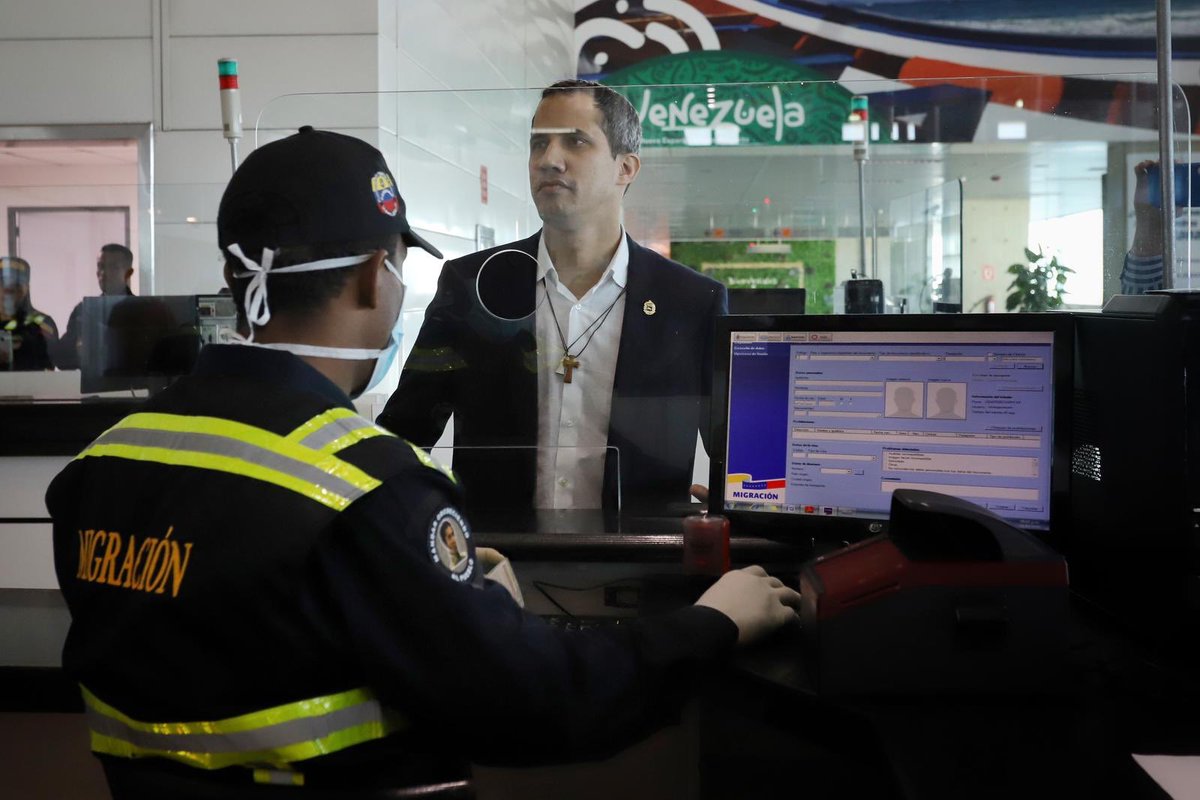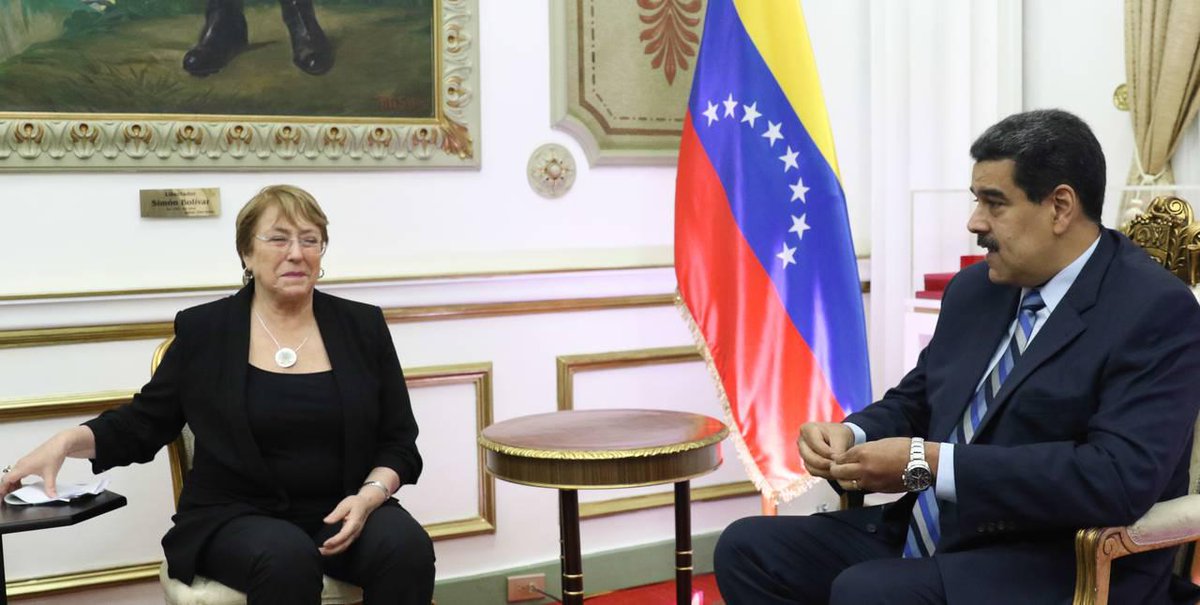
The impossibility of solving the internal conflict by military means has brought enormous consequences for the Colombian State, to the point of plunging it into a constitutional crisis. This has resulted in a forced manufactured link between the Venezuelan government and the ELN. 

The goal behind this connection, highly noticeable in the Colombian political and media spectrum, corresponds to strategic objectives as part of the non-conventional war against Venezuela. 

Using this non-existent link as an excuse for a military intervention, indirectly via Colombia, in Venezuela. Colombia and the United States share the objective of fighting organizations classified as terrorists organizations. 

Justify a budget increase of military aid from the United States to Colombia, which would allow to strengthen the Colombian army and paramilitary fronts in future possible armed incursions into Venezuelan territory. 

Justify an armed intervention, and later militarization, of areas with vast natural and energy resources in Venezuela (Orinoco Mining Arc, Orinoco Oil Belt, Maracaibo Lake, etc.), where supposedly the ELN inhabits. 

It is necessary to note that these resources are key for the energetic subsistence of Colombia and the survival of the United States as an Empire. Studies show Colombia will run out of oil in approximately 5 years. 

In the scenario of a significant fracture inside the FANB (Venezuelan Armed Forces), using those factions as a support group to face the ELN.
Sixty years of uninterrupted conflict and more than $9,500,000,000 in US military aid have shown that Colombia cannot win the war without increasing the social and human costs within Colombian society.
In this sense, the Colombian government has been positioning the Bolivarian Republic of Venezuela as a "threat to its national security", in an attempt to project itself as a harassed nation that requires regional support to defend itself.
• • •
Missing some Tweet in this thread? You can try to
force a refresh
















